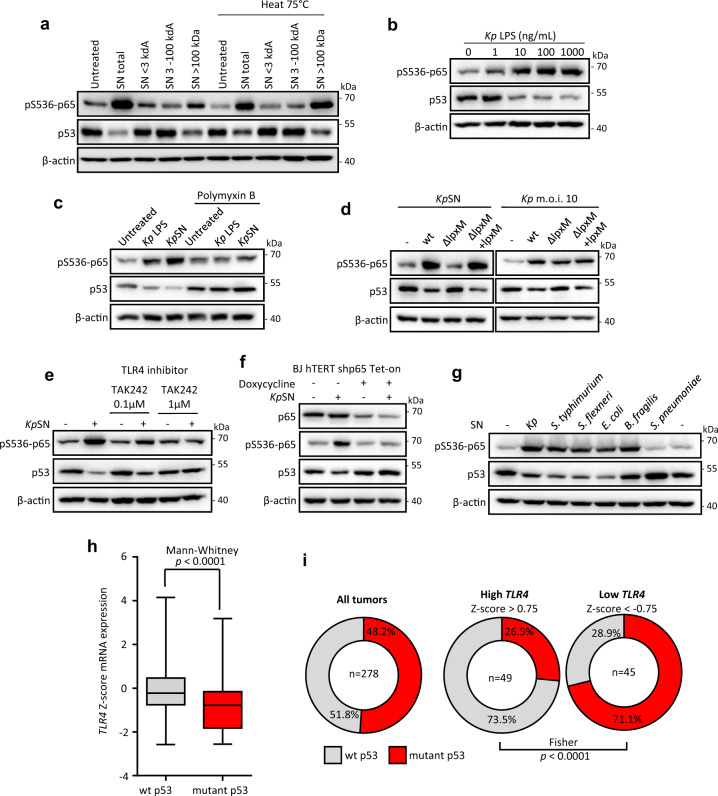Fig. 4. Klebsiella pneumoniae LPS is sufficient to inhibit p53.
a Western Blot of BJ hTert cells treated with different KpSN fractions. b Western blot of BJ hTert cells upon exposure to purified K. pneumoniae LPS. c Effect of LPS inactivation by polymyxin B on BJ hTert cells response to LPS or KpSN assessed by Western blot. Culture medium containing purified LPS (100 ng/mL) or KpSN was treated 24 h with 30 μg/mL of polymyxin B sulfate before addition to cells. d Western blot of BJ hTert cells infected by K. pneumoniae Δlpxm or exposed to KpSN from Δlpxm bacteria. lpxm deletion was complemented using a pBAD plasmid expressing lpxM (Δlpxm + lpxm). e TLR4 dependency of BJ hTert cells response to KpSN assessed by Western blot upon treatment with TLR4 inhibitor TAK242. f NF-κB dependency of BJ hTert cells response to KpSN assessed by Western blot using Tet-inducible p65 knock-down BJ hTert cells. p65 shRNA was induced by doxycycline for 48 h before the experiment. g Protein level of phospho-p65 and p53 in BJ hTert cells upon exposure to culture supernatant from different bacteria species. h Negative correlation between TLR4 expression and p53 mutation in early grade colorectal adenocarcinoma patients data (COAD, TCGA) suggests that TLR4-driven inhibition of p53 alleviate the selection pressure for p53 mutation in cancer. i Comparison of p53 mutation rate between early colorectal adenocarcinoma with low and high TLR4 expression.

